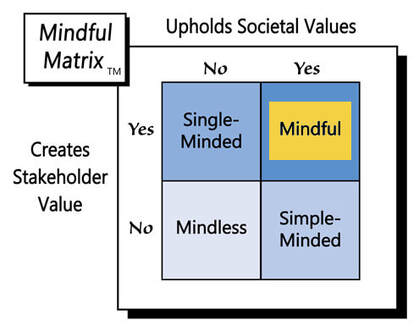Even as industries from airlines to entertainment struggle to survive the COVID-economy, some firms are enjoying record levels of revenue. For instance, Peloton, maker of those expensive in-home ‘exer-cycles,’ has seen sales surge so much that it plans to reduce advertising spending by 50% over the next three months.
“Spinning” isn’t the only pastime the pandemic has accelerated. People are more often binge-watching movies, having dinner delivered, and meeting friends online, which have boosted the bottom-lines of companies like Netflix, DoorDash, and Zoom.
Of course, there also are firms that have benefited even more directly from people’s fear of infection: those manufacturing face masks, hand sanitizer, etc. Clorox and Lysol, in fact, are selling antibacterial wipes so fast, their production can’t keep pace with demand.
In a non-pandemic world, the notion of companies making money gives many people pause, so the illness-associated timing of the latest corporate windfall has likely caused even more to wonder: Is it right for firms to profit from people’s pain?
When you start to think about it, there are actually a number of businesses that appear to profit perpetually from consumers’ misfortunes, for example:
- Auto collision centers
- Divorce attorneys
- Fire and flood restoration firms
- Funeral homes
- Pest control companies
These enterprises don’t exist unless individuals experience: crashed cars, ruptured relationships, domestic disasters, lost loved ones, and belligerent bugs. How do the owners of these organizations sleep at night, knowing that their gain comes from their own customers’ pain?
The third industry on the above list reminds me of a disastrous event our family experienced on a cold January morning several years ago. A pipe burst in our house, sending water streaming through several rooms. The remedy included, among other disruptions, gutting our kitchen and having workers walking around our home for several months. Fortunately, insurance covered the costs and the recovery company did a great job.
Did the restoration firm profit from our pain? I’m sure it did, but it also ‘healed our house’ and helped us recover from the catastrophe. When you think about it, all of the companies on the list above do the same sort of thing in different ways. They’re all in the ‘restoration business.’
If one defines pain as an unmet need, or when an actual state is different than a desired state, almost every organization is in the pain management business. Hospitals help people recover from physical and mental pain, grocery stores and restaurants overcome hunger pains, and educators try to alleviate the prospective pains of ignorance and unemployment.
So, it’s not just organizations that profit from other’s pain, individual consumers do too. When I buy a pair of shoes that work well, the benefits I enjoy exceed the price I paid, meaning I profited from the retailer’s pain—its need to sell shoes.
Provided that the pain management goes both ways, or there’s mutual benefit, profiting from others’ pain is a good thing,
Unfortunately, however, there can be cases in which rewards are one-sided, such as when a firm’s business model depends on its own customers’ failure, thus purposefully prolonging their pain.
One example involves predatory lenders. Such financiers intentionally choose customers who hold high credit risk and, therefore, are unlikely to meet their payment obligations. When the debtor defaults, the lender comes out ahead by foreclosing on the home, repossessing the car, etc. Any business model based on win-lose outcomes is unconscionable.
Another more controversial example involves casinos. I have no firsthand experience, but it seems self-evident that these companies don’t make money unless the vast majority of their patrons lose theirs.
A reasonable argument may be made that gamblers are really purchasing entertainment and an adrenalin rush, just like spectators at an exciting sporting event or theater performance. A telltale sign of the difference, though, is that ads for Broadway shows don’t carry a disclaimer, “Musical addiction? Dial 1-800-HAM-ILTON.”
Is it wrong for companies to profit from people during a pandemic or any other time? It’s fine if firms enable win-win outcomes in which consumers profit back by getting good value from the hand sanitizer, face masks, food, clothing, Netflix, or whatever else they need. Mutual profit is often a sign of “Mindful Marketing.”
Learn more about the Mindful Matrix and Mindful Meter.
Check out Mindful Marketing Ads and Vote your Mind!




 RSS Feed
RSS Feed